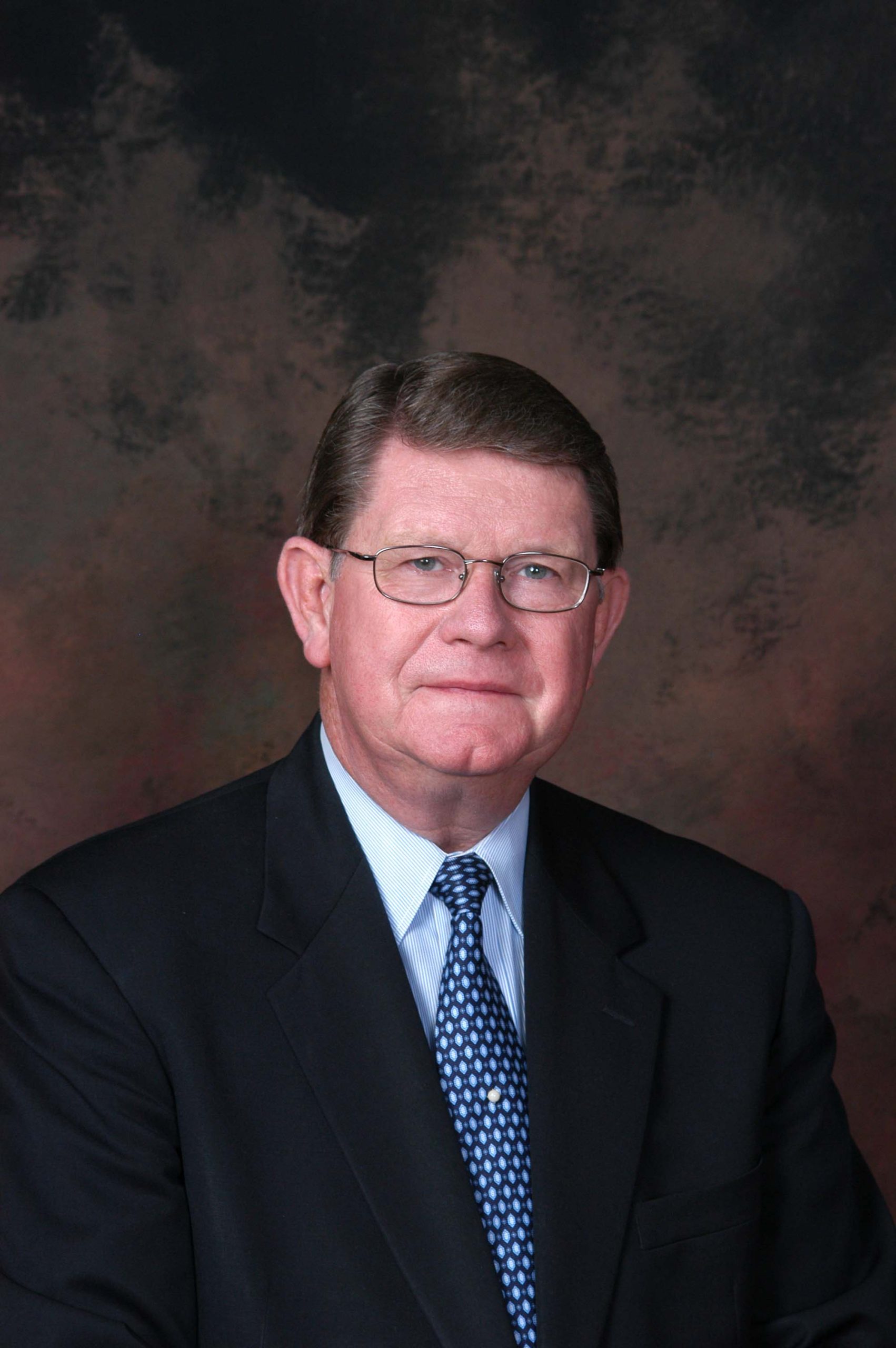Some information may be outdated.
The Grand County Council took the first step in moving toward a rural health tax to subsidize the Canyonlands Care Center at their Tuesday, July 2 meeting.
During several joint meetings for the past year between the county, City of Moab and the Canyonlands Healthcare Special Service District (CHCSSD), which owns the care center, a rural health tax had been discussed to subsidize the operating budget.
However, upon legal review, it was discovered that the county could not collect the tax and pass it to the special service district because according to state code the care center would need to be a county-owned facility in order to receive the county tax.
If the state code is changed to allow the monies to be used to subsidize the care center, the council could vote to have the tax on the ballot. A two-third voter majority would have to approve the tax for it to go into effect. The rural health tax could be an up-to-one-percent sales tax, excepting groceries, within the county.
At one-percent, the rural health tax could garner $1.3 to $1.4 million in revenue, according to city tax revenue numbers, said city manager Donna Metzler. It has been discussed that a half-percent tax would be sufficient to subsidize the care center.
The council approved a letter to be sent to the Utah Association of Counties (UAC) requesting support for a legislative change to the state code that prevents the monies from being used by the special service district for the care center.
In the letter sent to UAC, it stated, “Legal opinion seems to hold that a legislative amendment to the code is necessary if Grand County is to ask the voters about instituting a tax for the purpose of subsidizing a rural health care facility it does not own.”
“This is not a city change, or a hospital change. This is a county change,” said council chair Gene Ciarus. “It’s just the way it’s got to be.”
Lynn Jackson wanted to make sure the wording of the letter asked for UAC to explore a legal solution without automatically sending a letter to the state legislature regarding the state code change.
Jackson stated that while they are supportive of exploring the option, he did not want it to be perceived that the council wants to make it a ballot option at this time.
Ciarus said that this may take longer than expected.
“What people have thought is a quick change may require the change of two laws,” Ciarus said.
The Canyonlands Care Center has been in significant financial trouble over the last year. Due to changes in Medicaid reimbursement, state bed tax, food costs and state policies regarding health and retirement benefits – the care center has operated at a loss each month. Many of those changes occurred on July 1, 2012, “creating a perfect storm” said Roy Barraclough, administrator of the care center.
As of Dec. 31, 2012, the care center had an operating debt of $604,587.
A task force had been commissioned to address the financial issues faced by the care center. The county council had repeated a message at each meeting with the city and health care district that the rural health tax should be the last option.
“We took it to heart when we met with the county and they made their expectations clear to reassure voters that we turned over every rock, looked under every bush to improve this situation,” Barraclough said. “This is what we’ve done for the last six months.”
The focus has been in three areas: cost control, revenue enhancement and identification of supplemental revenue sources. Barraclough said that they’ve been fairly successful in reducing costs.
“We’re down by $35,000 a month in expenses,” he said.
As far as costs are concerned, 60 to 70 percent of operating expenses are related to staff.
Paid holidays have been reduced from 12 to seven. The waiting period for new employees to receive health insurance changed from immediately to after 90 days of employment. Health insurance premiums were changed. Family coverage used to be $30 for a family; now it is $300. Merit increases have been suspended.
“The staff has been pretty hard hit, but they understand the importance of keeping this place operating,” Barraclough said. “They have accepted changes in positive and appropriate ways.”
The care center is now down by five full time employees due to attrition. The care center has either not replaced employees, or has broken down the position to two or three part-time positions in order to not have to pay for benefits.
“The alternative was to start laying people off,” Barraclough said. “We are really scrambling to maintain our staffing levels so that the care won’t be adversely affected. We’re trying very hard to keep the residents the No. 1 focal point.”
He said that the increased costs of the state retirement system has been one of the biggest financial issues
“We can’t opt out,” Barraclough said. “Canyonlands Health Care Special Service District is the employer, a government entity, thus it has to participate in the state retirement program.”
Barraclough said that they are exploring different avenues increase revenue. One is to have a temporary increase in the Medicaid reimbursement rate.
“It is still in formative stages, but it could help us bridge the gap for about six months,” Barraclough said.
He thought the council’s letter to UAC was well-prepared.
“If anything is to be done vis a vis a tax, we need to start the process quickly,” Barraclough said.
Appreciate the coverage? Help keep local news alive.
Chip in to support the Moab Sun News.





